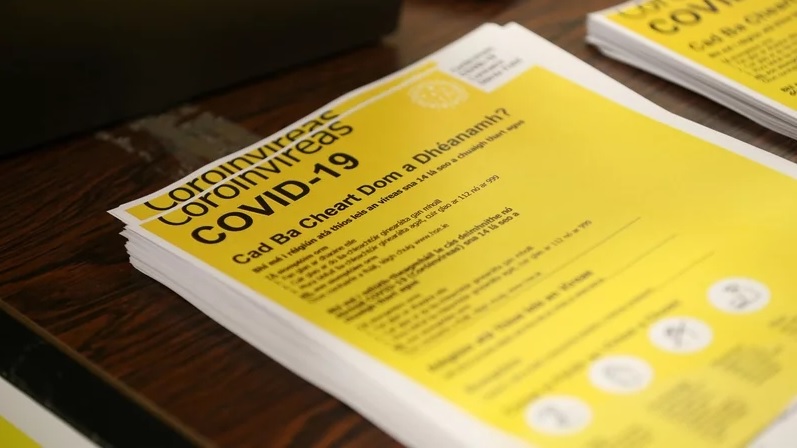
Covid-19 Useful Links
Below you’ll find some useful links regarding COVID-19.
We are constantly adding to this list and will have lots more additional information in the coming days.
You can also read our Business Planning in Response to COVID19 Outbreak article.
Your employment rights during COVID-19 restrictions
If your employer has no work for you, or less work than usual
Employers have asked been to retain employees where possible. On 24 March 2020 a new COVID-19 Wage Subsidy Scheme was announced which will assist employers to pay their workers up to 70% of their weekly take home pay. This will mean that workers retain their link with employers and there is no need for them to personally submit a jobseeker’s claim.
If your employer reduces your hours to 3 days or less per week from your normal full-time hours, you can apply for a payment called Short Time Work Support which is a form of Jobseeker’s Benefit.
If you are sick or have been asked to self-isolate
While you are sick with coronavirus, you may be entitled to sick pay from your employer. This depends on your contract of employment. Your employer does not have to pay you when you cannot come to work because you are sick with coronavirus, unless it is part of your contract of employment.
If your employer does not pay you, you should apply for enhanced Illness Benefit from the Department of Employment Affairs and Social Protection. You do not need to satisfy the usual PRSI conditions for Illness Benefit if you are off sick from work with COVID-19. This means that you will be eligible for the payment even if you have only recently started working.
If you are not sick, but you cannot go to work because you have to care for a sick child or other relative, you can ask for paid leave. If your employer cannot give you paid leave, you can ask for statutory leave. Statutory means that the leave is set out in law, for example, your right to parental leave.
If you can’t go to work because you have no childcare
Your place of work may still be open over the coming weeks, and your employer may be expecting you to go to work as usual. If you cannot do this because you have to look after children and they are not sick with the virus, you can ask your employer for paid leave.
The Government has asked employers to be as flexible as possible in allowing staff time off to look after their children or other members of their families. This could include:
- Offering paid compassionate leave
- Allowing you to work from home
- Altering your shifts, so that you can coordinate caring between you and your partner, or another person.
- Allowing you to rearrange holidays
- Allowing you to take paid time off that you can work back at a later time
Further information and contacts
Staff working from home can be paid a tax-free sum of €3.20 per day to cover their costs.
The Arts Council
The Arts Council will continue to operate fully throughout the COVID-19 crisis and has said it will honour all existing funding commitments, and allow grantees to draw down 90 percent of their funding to allow them fulfil in turn their own business commitments, especially to artists. Arts Council series of measures to help funded organisations manage their businesses
Culture Ireland
Culture Ireland will honour the grants awarded for events impacted by restrictions owing to COVID-19 subject to conditions and is committed in principle to supporting rescheduled events.
Creative Europe
Corona Virus: Consequences for Creative Europe programme and related activities
Charities Regulator
Coronavirus (COVID-19) and Charities – Frequently Asked Questions
Other resources
Irish Equity
Civic Theatre resource list
Dance Ireland resource list
Ticket Exchange Tool Helping to Address the Current Challenges from Event Cancellations
Ticketsolve working from home advice
Everyman resource list
Emergency Funds
Artist Emergency Relief Fund Ireland
Bread and Butter Fund Coronavirus NI Artists
Department of Business, Enterprise and Innovation
Business Continuity Planning: Checklist of preparatory actions in responding to COVID-19
